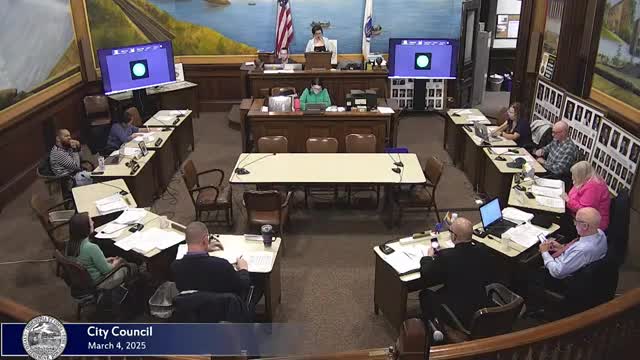Article not found
This article is no longer available. But don't worry—we've gathered other articles that discuss the same topic.
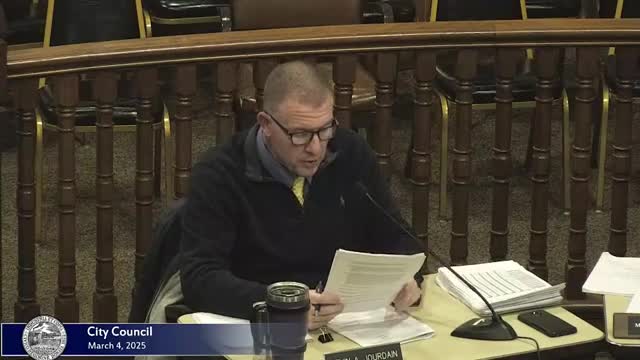
Joint committee recommends keeping Metcalf School in educational use; Opportunity Academy move under consideration
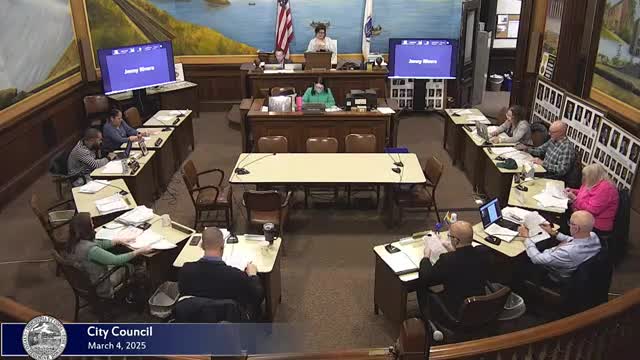
Council accepts FY25 CDBG/HOME annual plan; DGR recommends remaining ARPA interest funds for sewer/infrastructure
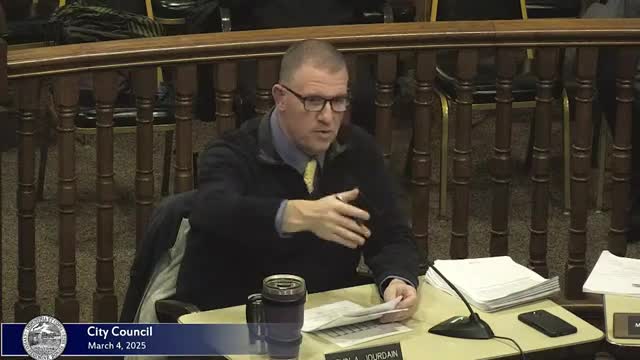
Council committee reviews receivership process and problem‑property coordination
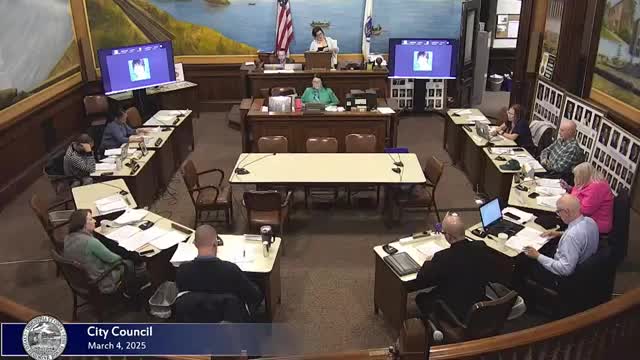
Council approves South Street Plaza drive‑through permit with hours limit
